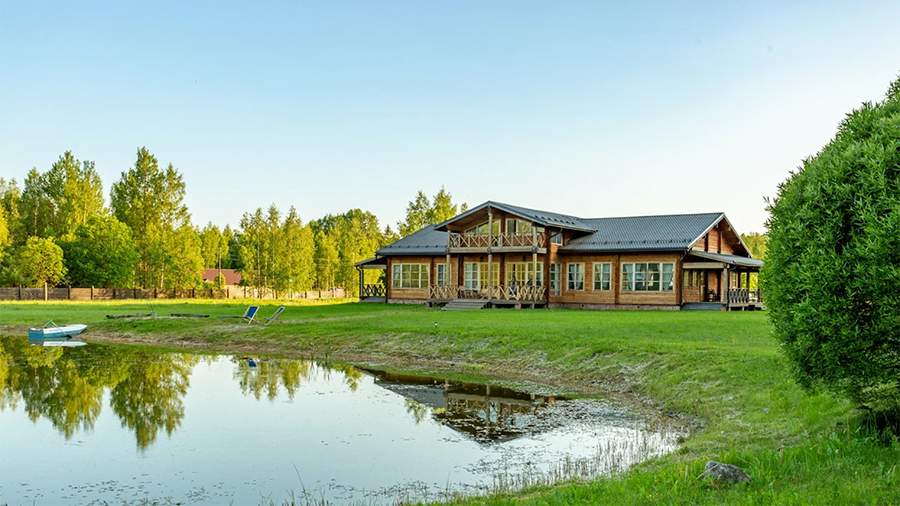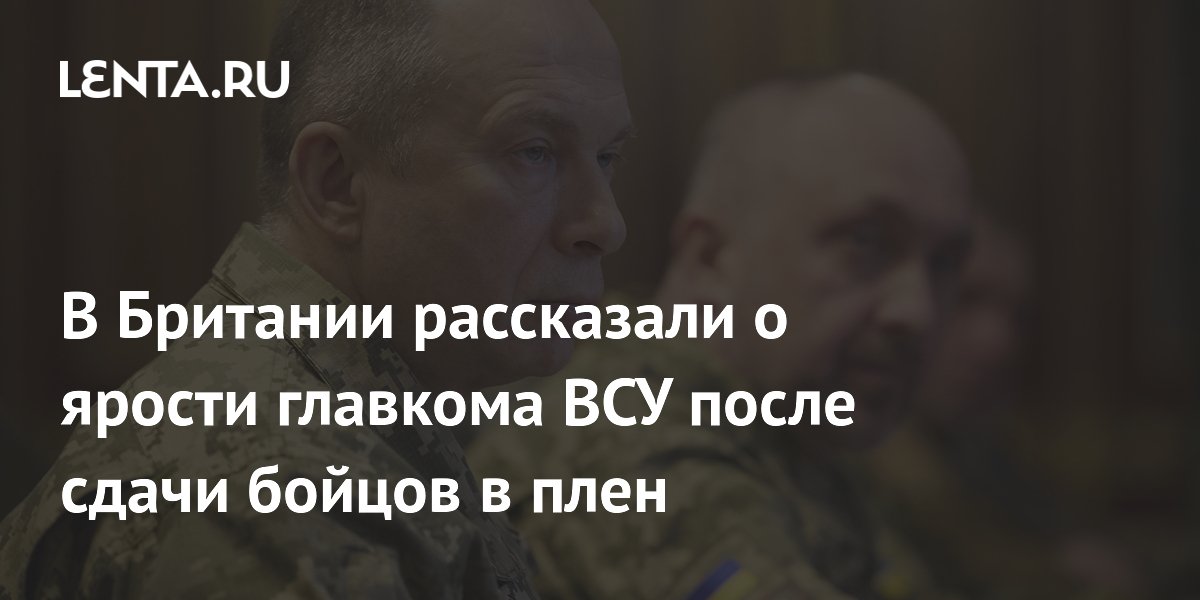The current crisis of dividing line policy is taking Bosnia and Herzegovina further away from the country’s much-needed reforms.
The Cold War After the end of the Yugoslav break-up war in the Balkans in the 1990s, Slovenia became a member of the European Union in 2004 and Croatia in 2013. All the countries of the Western Balkans have the promise of EU membership if the agreed conditions are met.
The road to the EU is often long, sometimes for the wrong reasons. Accession negotiations with Northern Macedonia and Albania should be launched swiftly.
During its presidency of the EU, Finland worked hard to ensure that a unanimous decision to start negotiations was reached in the spring of 2020. Since then, negotiations have been hampered by Bulgaria’s demands on northern Macedonia. Linking bilateral issues to enlargement policy undermines the EU’s credibility. The direction is worrying.
EU enlargement policy was reformed a couple of years ago. An incentive was also introduced to allow candidate countries that have made good progress in the reforms required by membership to have access to some EU programs and policies before accession. This carrot must be fully exploited, as it encourages reform and benefits the Union.
Lessons have been learned from previous enlargements. The EU is now paying more attention to the rule of law in the candidate countries. The EU is demanding a lot, but the reforms required for membership are also serving the citizens of the candidate countries. A corruption-free business environment increases investment. Economic growth brings jobs and prevents the emigration of educated young people, which is a major problem in many countries in the Western Balkans.
Air pollution and the state of the environment are also serious problems. Finnish companies would have many opportunities as implementers of the green transition in the Western Balkans. With the exception of Bosnia and Herzegovina, economic growth in the region is now faster than elsewhere in Europe.
Western Balkans is surrounded by the EU. The problems are also common. A good example of this was obtained at the beginning of a coronavirus pandemic. The EU quickly agreed on arrangements to secure freight transport between EU countries. The accession of the countries of the Western Balkans was important, as many routes between EU countries pass through the region. And, as was seen in Finland in 2015, the Western Balkans is also a key transit route for people to the EU.
The dialogue and the improvement of relations between Kosovo and Serbia still require work. The peace process launched by President Martti Ahtisaari is still partly under way.
Bosnia and Herzegovina the Autonomous Republic of Serbia has from time to time threatened to secede from the country’s common administration and from its commitments under the 1995 Dayton Peace Agreement.
Bosnia and Herzegovina is of great importance for the stability of the whole of the Western Balkans. Outbreaks of disputes or border disputes in one country can fuel new conflicts throughout the region.
A willingness to compromise is needed instead of legally and politically unsustainable separatist threats and actions. The current crisis of dividing line policy is taking Bosnia and Herzegovina further away from the country’s much-needed reforms.
Western Balkans conflicts now require special attention. The EU needs an active policy. Much has been done over the years to support Bosnia’s development. The EU crisis management operation is also still operating in the country.
Finland will continue to work for stability and development in the Western Balkans. We support the process of normalization of relations between Kosovo and Serbia. The national experts seconded by Finland work as advisers to the EU Special Representatives for the Western Balkans and Bosnia and Herzegovina.
Through EU-funded projects, we support the development of public administrations in the Western Balkans in line with EU standards. We are involved in EU cooperation in the Western Balkans in a number of areas. Finland also supports the democratic work of non-governmental organizations in the region.
The stability of the Western Balkans creates security for the whole of Europe. This space should not be left to others.
Pekka Haavisto
The author is the Foreign Minister (Green).
Guest pens are the speeches of experts selected by the HS editorial board for publication. The opinions expressed in guest pens are the authors’ own views, not HS’s statements. Writing instructions: www.hs.fi/vieraskyna/.
.
#Guest #pen #conflicts #Western #Balkans #require #special #attention






